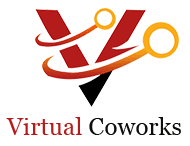Coworking is a shared working space where people from various groups can collaborate. It is usually an office setting with shared tools such as desks, meeting rooms, and cafeterias.
There are numerous advantages to coworking, including access to a community of like-minded individuals, opportunities for collaboration and networking, flexible workspace options, and shared resources such as meeting spaces and office equipment.
Coworking spaces are used by freelancers, entrepreneurs, small company owners, remote workers, and anyone else who requires a flexible and collaborative work atmosphere.
The price of collaboration differs based on the setting, extras, and services provided. While other coworking spaces offer more structured plans with monthly or annual memberships, some coworking spaces offer flexible plans that let you pay only for the time or space you use. You can take up monthly plans for the same.
High-speed internet, printing and scanning services, meeting rooms, a cafeteria, and social places for networking and collaboration are among the amenities that coworking spaces usually provide.
Online directories like Coworker, Liquid Space, or Desk Pass can be used to find coworking places in your neighbourhood. Additionally, you can use Google or social media to look up nearby coworking places.
While some coworking spaces only permit members entry, others charge non-members a fee or day pass to use their facilities. It’s best to inquire about the coworking space’s rules in advance.
Compared to traditional office space, coworking provides a more flexible and collaborative work atmosphere. Traditional office space is typically more structured and geared toward specific organizations, whereas coworking spaces typically offer shared resources and facilities in addition to a community of like-minded people.
A virtual office is a modern solution that allows businesses to operate without a physical office space. With technology advancing, the concept of a virtual office is preferred by entrepreneurs, startups, and remote workers.
Cost Savings, Professional Image, Flexibility, Access to Talent, Business Expansion, Professional Support Services, Networking Opportunities, Increased Productivity, Environmental Impact.
Our Services
High-Speed Internet
Power Backup
Housekeeping Service
Fully Air Conditioned
Free Conference Rooms
Parking Facility
Phone Facility
Reception Facility
Comfortable Workstations
Monday to Sunday
Where To Find Us
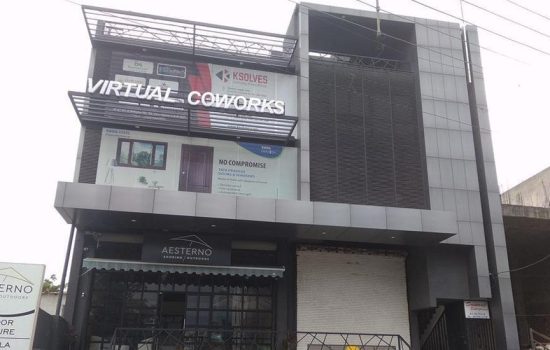
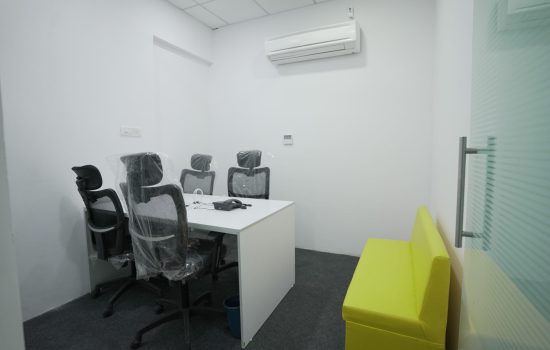
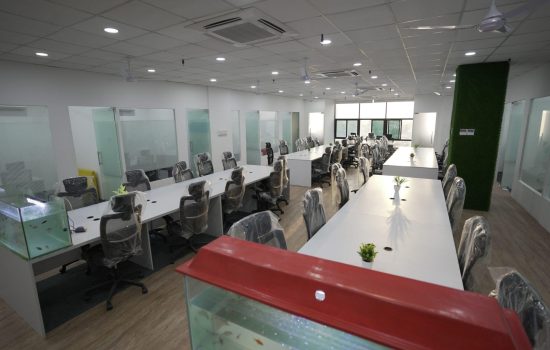
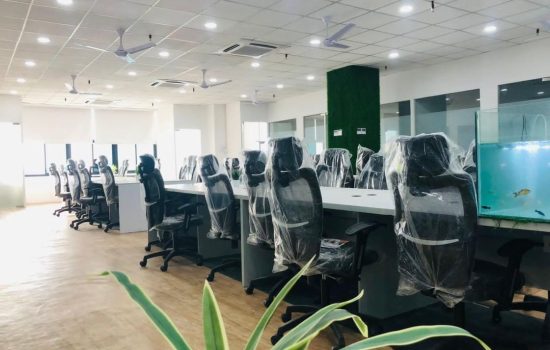
Virtual Office in Vijay Nagar
4th Floor, Mangal City Mall, AB Road, Scheme No. 54 PU4, Indore, MP, 452010
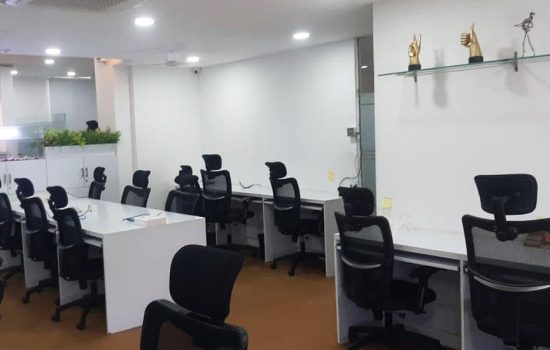


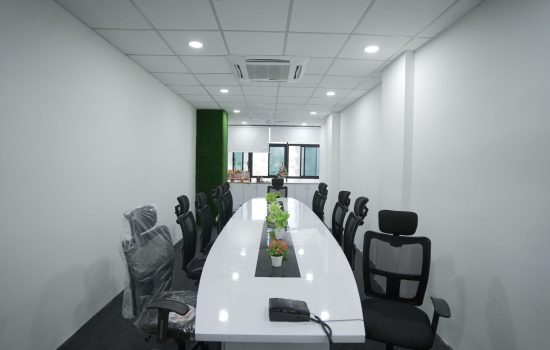
Virtual Office Near C21
1 ST FLOOR, 41 / 42 PU 4, Behind C21 Mall, Scheme 54 PU4, Indore, MP, 452010




Virtual Office Near C21
2 ND FLOOR, 41 / 42 PU 4, Behind C21 Mall, Scheme 54 PU4, Indore, MP, 452010
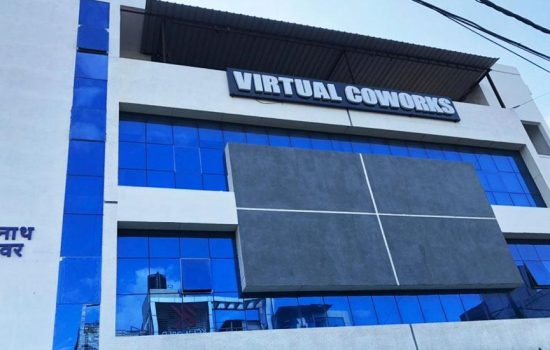



Virtual Office Platinum Plaza
101 Platinum Plaza PU 4, Behind C21 Mall, Scheme 54 PU4,
Indore, MP, 452010

